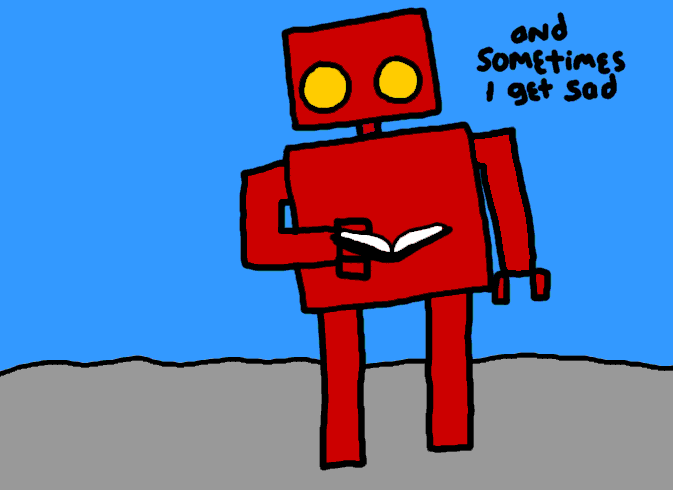In his 1938 text Le Theatre et son Double, Antonin Artaud writes, "In this theatre all creation comes from the stage, finds its expression and its origins alike in a secret psychic impulse which is Speech before words." The Theatre and Its Double is a work that combines letters, manifestos, and essays that detail Artaud's thoughts on the nature and purpose of theatre.
He compares the essential or living theatre to a plague that sweeps through, burning, stripping away the deadness. Artaud believes that theatre must cleanse or purge the audience of that which is unneccessary to get to the ultimate, cosmic truth.
Artaud spends a great deal of the book comparing Occidental and Oriental theatre. He uses many examples from the Balinese theatre to explain what he sees as key differences. Western theatre: tied up in the text, focused on the psychological, striving for realism, purely verbal, and using conflicts that relate only to what can be spoken or verbally expressed. Eastern theatre: uses gestures and spiritual "signs" to communicate every state of being, the voice's connection to the body, the way that sound and movement create meaning together, and a sense of "heightened" realism.
There is a demand for throwing out the "elite" of theatre. "No more masterpieces," he says. We must have works that are relevant to our contemporary audience. If the audience does not understand or appreciate the work it sees, it is the theatre's fault, Artaud argues. We have put art on a pedestal. We have distanced the audience from it.
This concept of distance troubled Artaud. He called for something new, something he named, "The Theatre of Cruelty." He believed that the theatre must overrun, overwhelm, and shock its audience into feeling. He spoke of reverberrations (something not unlike Luis Valdez' use of the word "vibrations"). While Brecht tries to achieve recognition of truth in his spectator through the Verfremdungseffekt (or alienation effect), Artaud strives to accomplish the same goal in the opposite way, by surrounding the audience, overwhelming it with sharp sounds, lights, costumes, etc.
The use of myth by Artaud is especially interesting as it would go on to influence theatre practioners like Jerzy Grotowski. Artaud believed that that which is human in all of us can only be truly reached through the use of the myth (myth being something ingrained in all humans, a story that has become part of tradition). This kind of story strikes a subconscious chord in which we understand a fundamental, deeper truth.
Favorite quote: "The actor is an athlete of the heart."
One of the major problems with Artaud is that he left no practical way to accomplish his mandates. While many scholars, writers, and directors agree with his assessment of the need for this kind of new theatre, it seems impossible to apply his theories without bastardizing them somehow. We do not know what Artaud meant by everything he said. We can only speculate and interpret.
The other issue I have encountered in examing this text is simply: Who determines this deeper truth the spectator supposedly will connect with when experiencing the "Theatre of Cruelty?" Does the director enter a project with a truth to communicate or does Artaud expect some deeper cosmic meaning to occur to each individual audience member as he or she feels it?
Overall, I feel that the sentiments of Artaud are note-worthy and can perhaps be applied, IF there is a goal. For instance, if I overwhelm an audience with heavy drumbeats or piercing screams in order to cause them to feel something specific so that their attention is drawn to something very particular, I feel that this is worthwhile. But the fear I have in applying Artaud is that taken out of context, screams, flashing lights, and strange noises only confuse.
The theatre must be a place of light, not darkness and confusion. If using these techniques brings about enlightenment, then they can be said to be worthwhile exercises.
Friday, November 7, 2008
Subscribe to:
Post Comments (Atom)




1 comment:
Just wrote a paper with a little chunk about Artaud in it. For some silly reason I really appreciate his radical view on theatre theory- as opiate laced and insane as they may have been.
I gravitate toward the spiritual and communal fulfillment discussed by both Peter Brook and Jerzy Grotowski, but I feel as though if Artaud had not constantly plagued with illness, he may have contributed something in the vein of the other two men he inspired.
I dig your thoughts! :D
Post a Comment